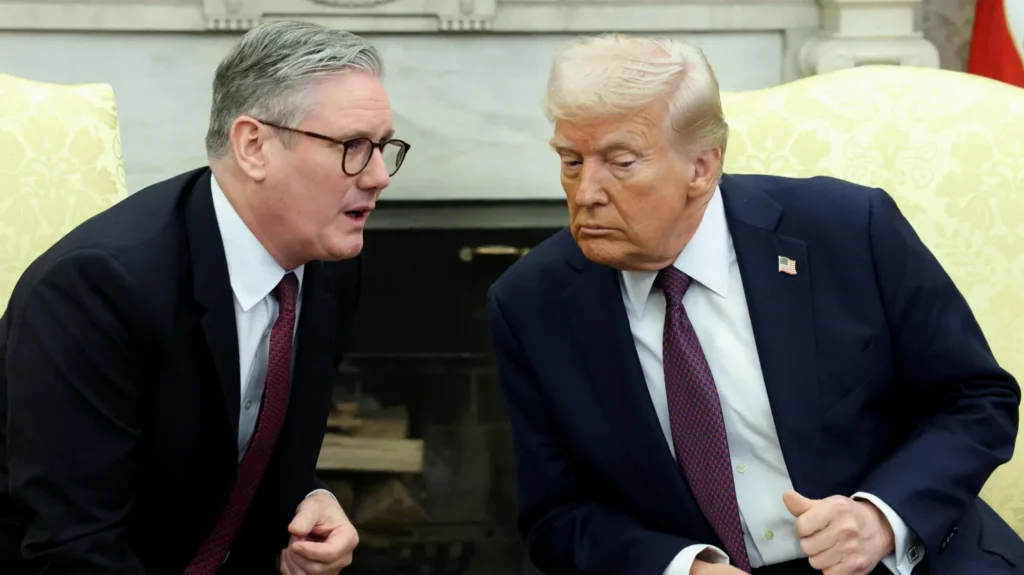
UK on the Sidelines as US Acts on Iran
Following America’s strikes on Iran, Prime Minister Rishi Sunak spoke with President Trump—but not before the attacks. Despite speculation, there was no last-minute call from Washington asking for the UK’s approval or participation.
That’s not to say such a request won’t come in the days or weeks ahead.
The British government has made it clear: while it was informed in advance of the U.S. action, it was neither consulted nor asked to be involved. Notably, there was no call from Trump requesting permission to use the UK-controlled military base at Diego Garcia in the Indian Ocean.
Having consistently urged “de-escalation,” as Labour leader Sir Keir Starmer has phrased it, and with questions reportedly raised within government about the legality of any UK involvement, agreeing to help the U.S. would have been politically and legally fraught.
But saying no wouldn’t have been easy either—especially after months spent nurturing a close relationship with Trump.
By choosing to act alone and launching airstrikes directly from the U.S., Washington spared the UK from making a difficult, binary decision.
Still, depending on Iran’s next move—how, when, or if it retaliates—those difficult choices may return.
So, where does the UK stand?
In essence, the government supports the goal of preventing Iran from acquiring nuclear weapons—but it is refusing to endorse the U.S. approach to achieving it. London backs the end, but not the means.
The UK does not support the bombing of Tehran’s nuclear facilities, even if it agrees with the broader objective.
To some Conservatives, this stance amounts to equivocation or even “moral cowardice.”
On Friday, Foreign Secretary David Lammy met with his French, German, and EU counterparts—and with Iran’s Foreign Minister—in Geneva. President Trump was openly dismissive of those diplomatic efforts.
Shortly afterward, the strikes began.
As the attacks unfolded, U.S. Secretary of State Marco Rubio spoke with Lammy by phone, having met with him in Washington just days earlier. Lammy has also remained in contact with Iranian Foreign Minister Abbas Araghchi, urging Tehran to engage in direct talks with the U.S.
Iran, however, has made clear it will not negotiate while under attack—particularly as Israeli strikes continue.
Lammy has also spoken with Israeli Foreign Minister Gideon Sa’ar, advocating for a diplomatic resolution, as well as with the foreign ministers of Egypt and Cyprus. He has since followed up with Rubio again.
The UK’s current position is firm: diplomacy is the best path to ensuring Iran never becomes a nuclear-armed state.
But that position was ignored in Washington, as well as in Paris and Berlin, when the U.S. decided to proceed with its airstrikes.
The question now is whether America will listen going forward.
On Monday, a minister—likely the Foreign Secretary—will face questions in the Commons. And on Tuesday, Trump, Sunak, and other Western leaders will gather in the Netherlands for the annual NATO summit.
They will have plenty to discuss.


